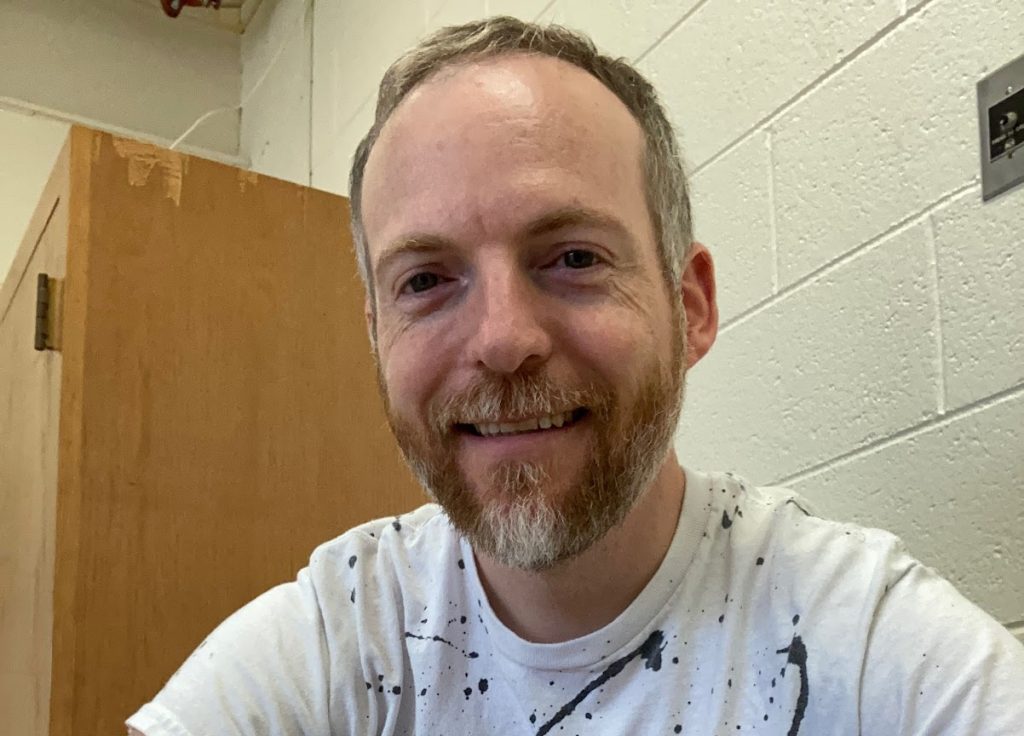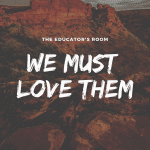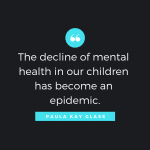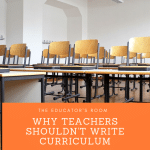Overview:
Modern-day teaching is more challenging than ever before. On average, 15% of students nationwide receive IDEA services for individualized education plans.
It seems to me that being a modern-day teacher is more challenging than ever before. On average, 15% of students nationwide receive IDEA services for individualized education plans (NCES, 2023). In addition, national movements to improve outcomes for struggling learners (eg. multi-tiered systems of support) have vastly shifted the roles and responsibilities of the traditional classroom teacher. Gone are the days when one could shut their door, teach as they please, and expect to be left alone. Even if equipped with best practices, the landscape of education is leaning heavily on collaboration, shared accountability, and data-based decisions that show growth in measurable ways. Frankly, the proverbial “village” is now the expectation.
As an educator turned instructional coach and the father of a child with special needs, I can attest to the emotional impact new expectations have had on teachers. Many come crashing against well-established norms, values, and traditions that we pride ourselves on. The vast majority of teachers I work with are dedicated practitioners who care deeply about their students. At best, they feel overwhelmed; at worst, threatened. Either way, the pressure is real and a major reason why some choose to leave the profession (Bryant et al., 2023). With the overwhelmed and threatened in mind, I’d like to share a snippet of my experience as a father.
My son Isaac was born with a genetic disorder called 9p deletion. It’s pretty rare and pretty infringing. Among other things, he required physical, occupational, and speech therapies, beginning a few days after his premature, emergency C-section birth, and continuing indefinitely. They referred to him as having global disabilities since just about everything internally and externally was affected. He ate with a g-tube, required a wheelchair, was nonverbal (though he did communicate), and eventually had seizures. Worst of all, he would get sick a lot. When he got sick, it would escalate, quickly. A cold would often lead to an ambulance ride to the hospital which, in turn, would become an overnight stay for a few days or, sometimes, much longer.
When it was time for Isaac to start school, his mom and I had many reservations. Our son was fragile. His care was intricate. As educators ourselves, we knew about the inner workings of a classroom environment. What looks good on paper doesn’t always translate in practice. His mom was especially concerned about “that one day when a teacher or aide is sick and there’s not enough hands on deck.” That one day for Isaac could lead to another hospital stay. But, here’s the thing. Our son was a beautiful, playful, curious, intense human being. And any teacher, therapist, doctor, or nurse who looked into his ocean-blue eyes fell in love with him, instantly. That’s exactly what happened when we visited his potential pre-K classroom. The teacher fell in love, and we believed that she wouldn’t let anything bad happen.
Unfortunately, bad things do happen. We teachers stay in this profession because we appreciate the beauty of each child and we strive to ensure they are cared for. I believe when we express frustration, fear, worry, or anger, it’s because we’ve been “holding our breath” in the classroom doing our absolute best to ensure safety, joy, and growth. It’s exhausting. We all need help. We all need support.
As I reflect on the disconnect between the new “village” approach with the traditional teacher mindset, I find that my son Isaac has some thoughts to share. He reminds us that teachers see him as someone with special needs. They see him, fall in love with him, and do anything in their power to help him. He also reminds us that not all kids show their needs visually. In this case, data might be helpful. Further, he reminds us that all of his teachers want him to be successful, not just in their classroom, but in all classrooms. He hopes, then, that they will work together to ensure he is seamlessly supported. Lastly, he doesn’t want his experience left to chance. Every day matters. He asks that administrators listen to and support veteran teachers because their wisdom surpasses the ever-changing landscape of education. He asks veteran teachers to stay open-minded and continue to learn. He asks newer teachers to take the lead on new initiatives, take risks, and respect the wisdom of their elders. And, lastly, he asks parents to have faith that teachers are doing their best.
A school that has a culture of collaboration shared accountability, and data-based decisions is a school that can sustain a safe, meaningful learning environment for all students, with some much-needed space to breathe. As a coach, I encourage practical ways to make that happen. These include using meeting protocols that allow differing opinions and perspectives to be considered, deliberately sharing opportunities for teachers to exercise their autonomy (Huebeck, 2023), and keeping data, policies, expectations, and duties in check to acknowledge and honor the real human beings doing the hard work of educating our children.

Dan Krill is a father, educator, and songwriter. He double-majored in math education and philosophy, then earned his master’s from UW-Madison in math education with an emphasis on learning sciences. He has taught secondary and post-secondary math for over 20 years. He currently works as a 5-12 math/science coach in southeastern Wisconsin.
References
Bryant J., Ram S., Scott G., & Williams C. (2023, March 2nd). K-12 Teachers Are Quitting. What Would Make Them Stay? McKinsey & Company. https://www.mckinsey.com/industries/education/our-insights/k-12-teachers-are-quitting-what-would-make-them-stay#/
Huebeck, E (2023, September 20th). Teacher Autonomy Isn’t Dead. Here’s How To Achieve It. Education Week.https://www.edweek.org/leadership/teacher-autonomy-isnt-dead-heres-how-to-achieve-it/2023/09
National Center for Education Statistics. (2023). Students With Disabilities. Condition of Education. U.S. Department of Education, Institute of Education Sciences. Retrieved 01/25/2024, from https://nces.ed.gov/programs/coe/indicator/cgg.






